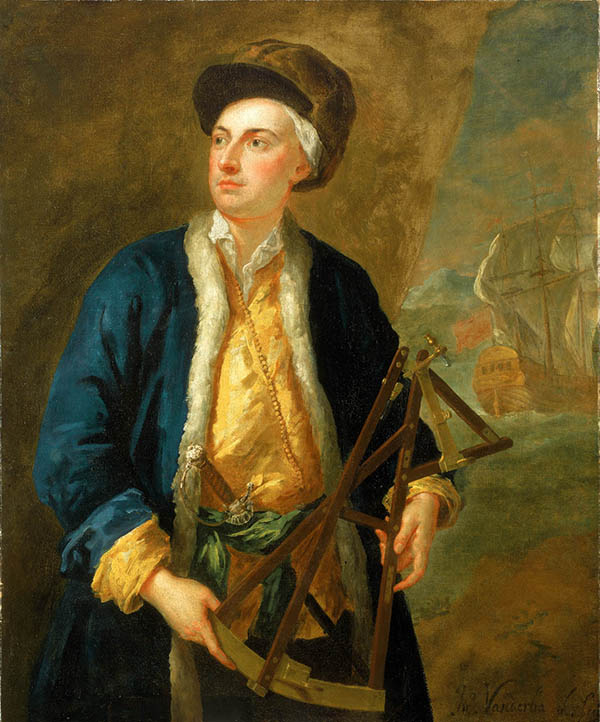John Elton (17?? - 1751) was a British shipbuilder and seaman. He had been noted for the invention of a new type of quadrant, which was patented in 1728 and published in the Philosophical Transactions of the Royal Society in 1732. The Russian government in 1735 employed him in order to assist the Orenberg expedition, specifically to explore Lake Aral. Upon arrival, the Tartars occupying the region prevented him from reaching the lake. He instead took part in the survey of the south-eastern frontier of Russia. Receiving no promotion on his return to St. Petersburg in January 1738, he quit Russian service and began to collaborate with British merchant factors working to develop trade through Russia into Iran and central Asia via the Caspian Sea. In connection with Scots merchant Mungo Graeme, he set off in 1738 with small cargo for Khiva and Bokhara. Having traveled down the Volga to Karagansk on the eastern shore of the Caspian, they realized that the steppe was not safely traveled and instead chose to continue south via the Caspian to Rasht, there to find a market with Nader Shah of Iran. In this Elton was extremely successful, obtaining liberty to trade throughout Iran. His proposed British trade with Iran was sanctioned by an act of Parliament in 1741. In order to facilitate this trade, two ships were built on the Caspian: Elton was placed in command of the first of these. To the alarm of the Russians and the British Russia Company alike, Elton was by 1743 producing modern, European-style ships directly for Nader Shah - including a twenty-gun warship of which Elton himself was given command. This news, delivered by Jonas Hanway, led to the Russian prohibition of the Russia Company's trade via the Caspian. (To add insult to injury, Elton had been named by the Shah 'admiral of the Caspian', and began to force Russian vessels on those waters to salute his flag. The Russia Company's badgering efforts to return Elton to England - commands, offers of a pension - came to nothing. The death of his patron, Nader Shah, in 1747, signaled a downturn in his fortunes: in the chaos following Nader's assassination, Elton found protection by one Iranian prince to be insufficient to prevent his being shot dead by the faction of another in 1751.


